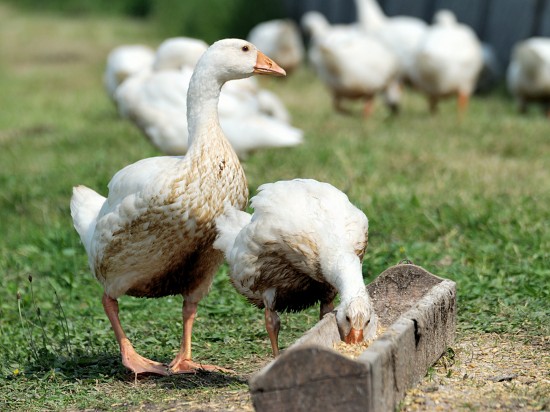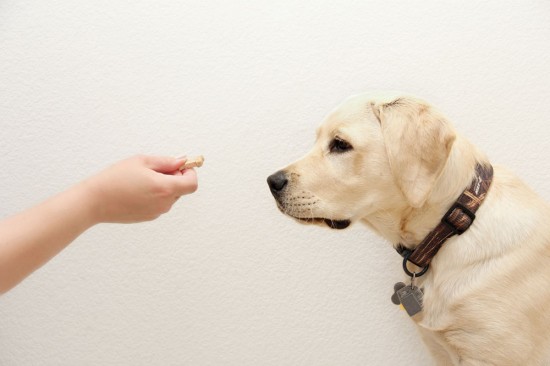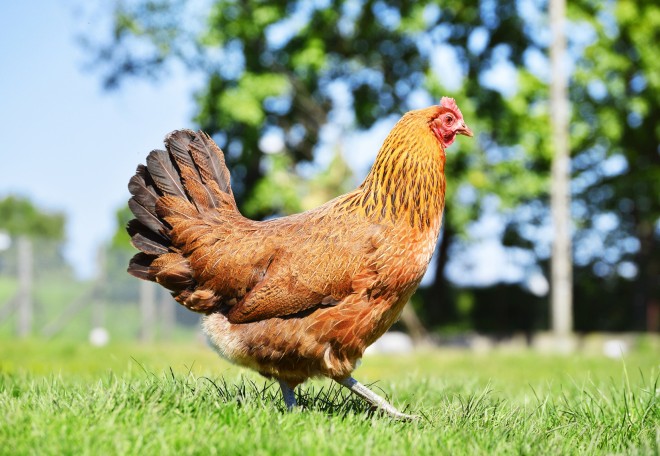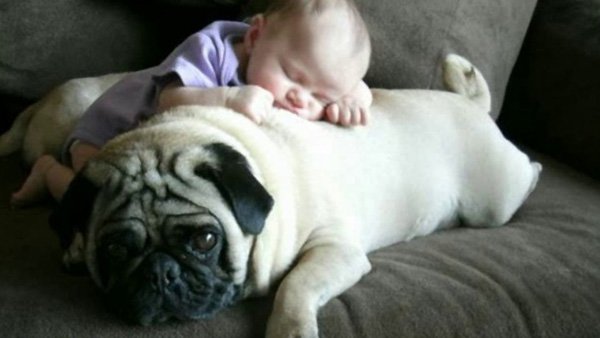
“Dog bloating” is the second leading killer amongst dogs, cancer is number one.
There are two types of “dog bloating.” The benign of the two is “gastric dilatation”, which is a medical term used for the expansion of the stomach due to the accumulation of gas. This often causes discomfort and flatulence, but is not life-threatening. On the other hand, “gastric volvulus” (torsion) is a condition where the stomach rotates on its axis and thereby closes off the openings leading to the esophagus and small intestine. This is a serious condition which requires immediate medical attention. This type of “dog bloating” can cause death within minutes.
Dogs, as well as humans, experience “gastric dilation” at some time or another. This can easily be avoided with proper exercise (preferably NOT around feeding time), staying away from soy products and avoiding rapid eating.
Unfortunately, dog bloating is not taken very seriously by dog owners. That is because most dog owners are not aware that bloating (gastric volvulus) can be fatal. Although this is a condition that has no warning signs until the moment your dog is experiencing extreme symptoms, recognizing the characteristics of this type of dog bloating will enable you to get your dog the emergency care he needs before it’s too late. The most common symptoms of gastric volvulus are:
dry heaves
drooling
unsuccessful attempts to move bowel
extremely restless, can’t stay still
swollen abdomen
abdominal pain (whimpering)
pale coloring of the mouth
panting or heavy breathing
collapse
The most common risk factors of gastric volvulus are:
Stress
Rapid eating
Having a raised food bowl
Age (adult dogs are more susceptible)
Deep chest and width
Hereditary (genetic)
Most deep chested large size breeds are at risk for bloating, such as:
Akita
Great Dane
Golden Retriever
Malamute
Saint Bernard
Irish Setter
Labrador Retriever
Doberman Pinscher
German Shepherd
Wolfhound
This information is NOT intended to replace the advice of a veterinarian, dog trainer or pet care professional.
Nancy Settecasi, Owner of Happy K-9 Dog Care
Proud Owner of Cookie and Skippy, Cocker Spaniels, Dog Lover
http://www.happyk-9.com
 Dog Skin Conditions
Dog Skin Conditio
Dog Skin Conditions
Dog Skin Conditio
 Keeping Geese - The Best And Most Natural Grass Control Ever
Keeping Geese - T
Keeping Geese - The Best And Most Natural Grass Control Ever
Keeping Geese - T
 Four Simple Steps For Getting Your Dog’s Attention
Four Simple Steps
Four Simple Steps For Getting Your Dog’s Attention
Four Simple Steps
 The Benefits Of Feeding Apple Cider Vinegar To Chickens
The Benefits Of F
The Benefits Of Feeding Apple Cider Vinegar To Chickens
The Benefits Of F
 Characteristics and Origin Of Lhasa-Tzu Puppy - Crossbreed Of Shih Tzu And Lhasa Apso
Characteristics and Origin Of Lhasa-Tzu Puppy - Crossbreed
Characteristics and Origin Of Lhasa-Tzu Puppy - Crossbreed Of Shih Tzu And Lhasa Apso
Characteristics and Origin Of Lhasa-Tzu Puppy - Crossbreed
Copyright © 2005-2016 Pet Information All Rights Reserved
Contact us: www162date@outlook.com